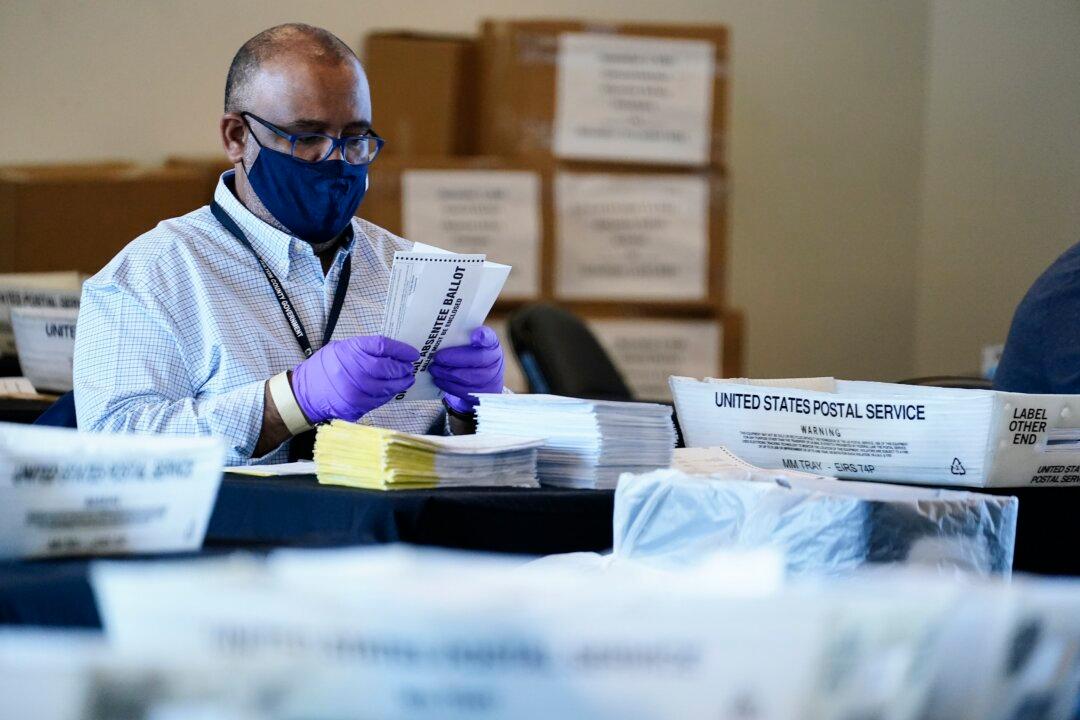Georgia’s Secretary of State says political parties must address their losing candidates’ claims of election fraud.
“That is not healthy for America, and so we need to really confront people that are just trying to tear apart our social fabric and not accept the results of the election,” Brad Raffensperger, Georgia’s secretary of state, said.





